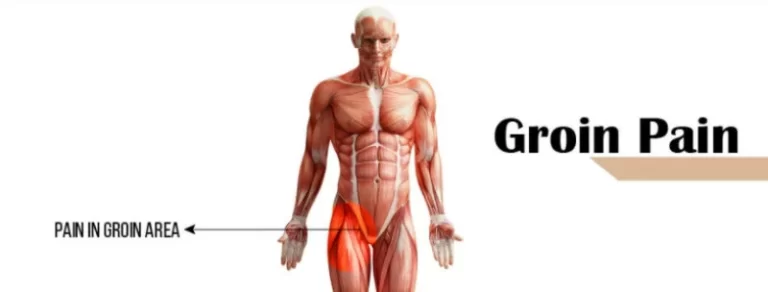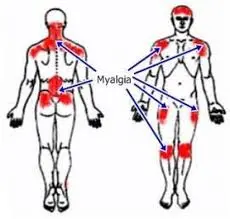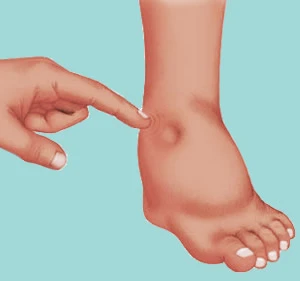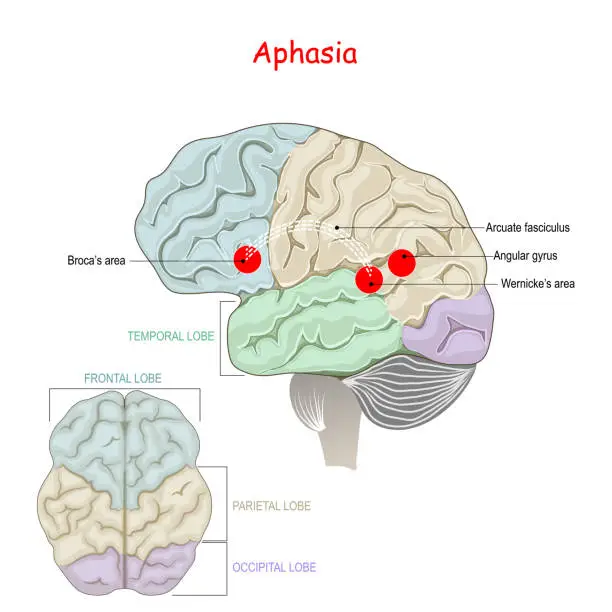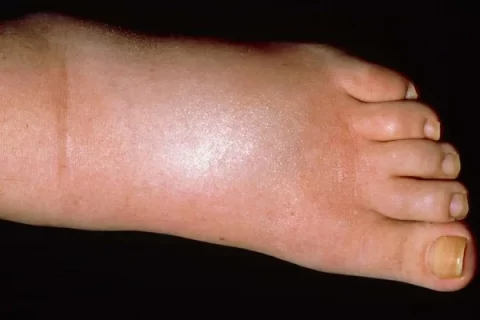How to Relieve Muscle Pain After Workout?
Relieving muscle pain after a workout is essential for recovery and maintaining exercise consistency. Common methods include gentle stretching, staying hydrated, applying ice or heat, and incorporating rest days. Light activities like walking or yoga can also promote blood flow and reduce soreness. This article discusses therapy options for post-workout pain relief if you’re curious…



